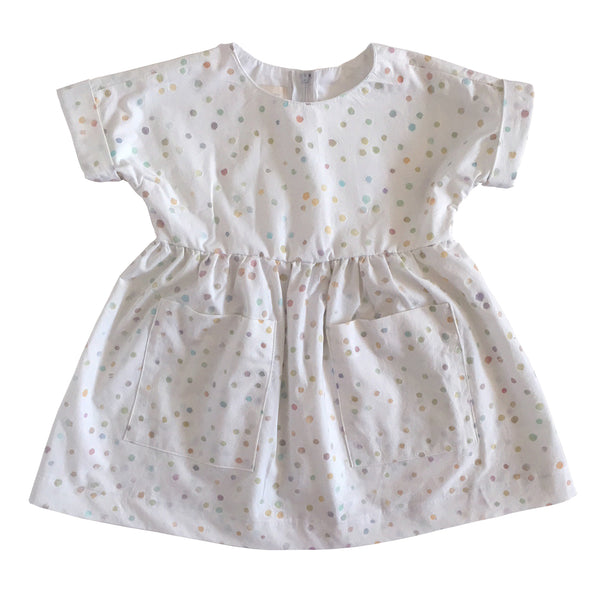Once upon a time, we were cheated. I know, not the most positive way to start a story...but it happened and it was hurtful. Our yarn supplier in Nepal, an enthusiastic and creative thinker, sadly mistook us for fools and delivered our second order of yarn that seemed to be quite different than what we had ordered. Clearly, he hoped we would not notice.
I took time gathering the facts before I accused him of anything: testing samples, dyeing samples, having my manager Sara meet with him and see if he had any ideas as to why it was behaving differently than our previous order, even having some sent to me here in the US to see it for myself. But the truth was that we had been given something quite different than what we were promised and I confronted him with this dishonesty. We were so unhappy with the yarn in fact, that we made the difficult decision to forgo our knitting collection that year, return the yarn, and lose thousands of dollars in the process.
It was heartbreaking, not only for ourselves, but for our knitters who so needed the work It was one of the most difficult decisions I’ve ever had to make. Was I being too idealistic by wanting to be 100% proud about what we were putting out into the world? Was it wrong of me to not settle and make it work somehow? I don’t know. But my heart told me that this was not a trustworthy relationship that would serve us going forward and so with sadness and anger, I severed it.
I then began a search...was it possible to create something that was ethically made start to finish? Could we source ethically produced wool? A long experiment began...so many roads, so many options that later didn’t work out, so many tears along the way. I floundered around a lot during this time...there had to be a solution out there and my search started to feel more like detective work than anything else. But, like all mysteries, there was indeed an answer. And surprisingly it was hiding in plain sight.
Made in Uruguay, the wool comes from free-range sheep that wander the hills and are tended by old-style shepherds. Mulesing, a controversial process that removes skin around the sheep’s buttocks to prevent infection, is not practiced in Uruguay. I was intrigued. An entire country that valued ethical sheep raising? I dug further... I learned that the sheep graze on native grasslands and lamb in the spring when conditions are best for success. There seems to be an attitude of truly doing what is best for the sheep and the environment and this is quite exciting to see.
Well, the sheep are happy, but what about production? After so much care goes into producing the resource, is there adequate care that goes into processing? As it turns out, yes. This particular mill meets Oeko-Tex standards, meaning that the yarn is free from a range of harmful chemicals and uses only a very thin, diluted coating of resin to produce a soft, smooth yarn (this is the same resin used to manufacture facial tissues and paper towels).
Ok, great, I said. But what about the factory itself? How is it functioning? Another win. I found that the factory uses solar power to heat the water tanks that are used in the dyeing process. They are also water conscious and only use colorants that are Oeko-Tex certified.
Obviously, I was impressed. It felt like I had literally just been handed a list of my dream qualifications with a nice big check mark next to each item! A few emails later, and the yarn was on its way to me.
First it would have to travel to Nepal, and at the talented hands of our knitting ladies, be transformed into wearable items. The patterns I had helped them learn during my last trip to see them in May were now about to become a physical reality. 12 boxes loaded into my minivan and a trip to my small town post office and off the yarn went...my fingers tightly crossed that they would all make it to the other side of the world safely.

